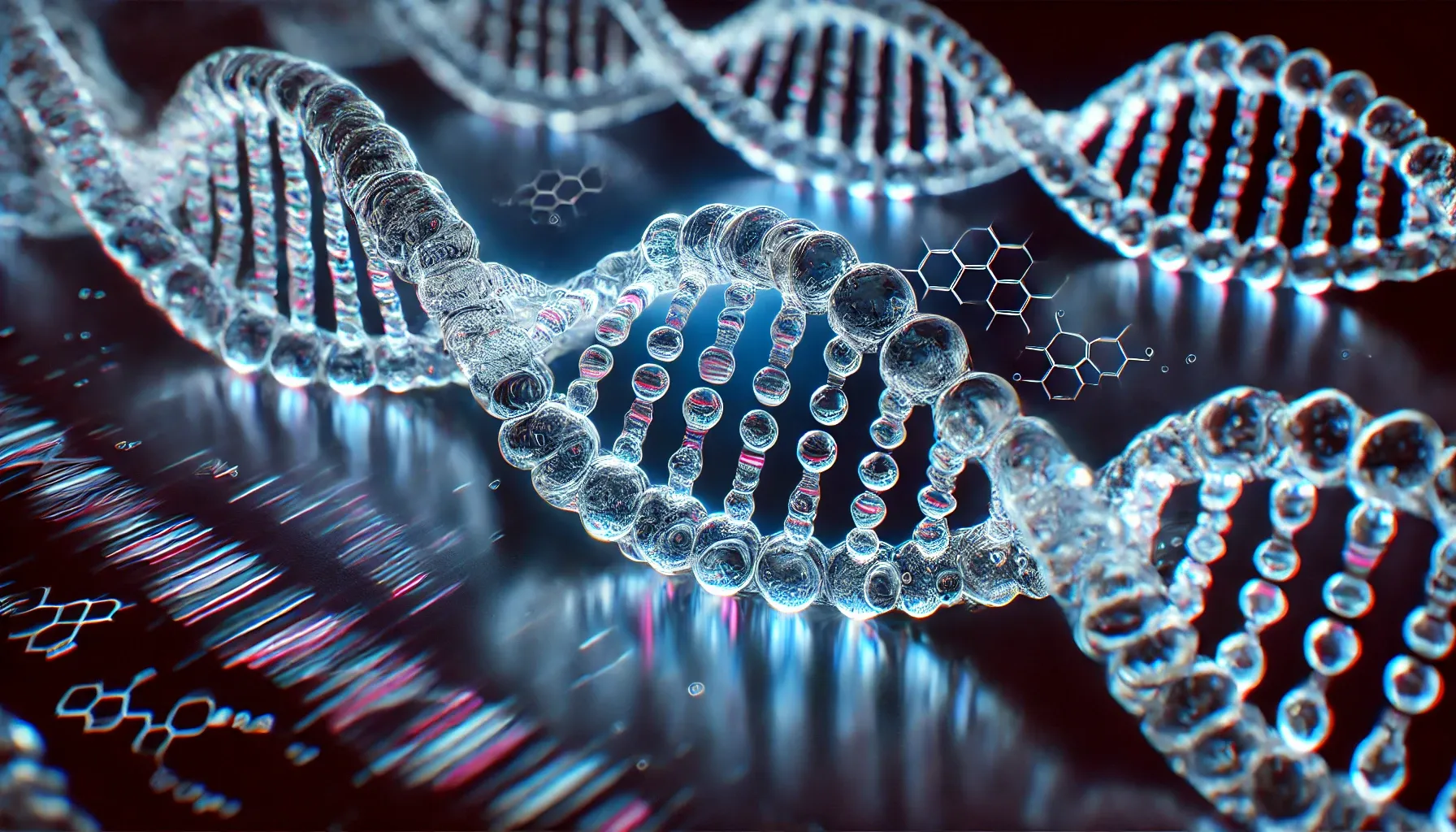UPSC
The Hindu Briefs
DNA Polymorphisms: Unlocking Human Identity
Last Updated
25th March, 2025
Date Published
25th March, 2025
Share This Post With Someone

Context:
This analysis is based on an article from The Hindu (published March 24, 2025), titled "What are DNA polymorphisms and how do they differentiate between people?" by D. Balasubramanian. It explores DNA polymorphisms—variations in DNA sequences—and their role in distinguishing individuals, tracing ancestry, and aiding forensic science. Published in the context of advancing genetic technologies, the article provides insights into the science of human identification as of March 25, 2025.
Crisp Information in Points:
- DNA Basics: Each human cell contains 46 DNA molecules (23 from each parent), packed into chromosomes, with unique variations called polymorphisms distinguishing individuals.
- Polymorphisms Defined: These are differences in DNA sequences, notably in Short Tandem Repeats (STRs), where base-pair sequences repeat variably among people.
- STR Functionality: STRs, short repeating units (e.g., GATC repeated multiple times), differ in repeat numbers, making them key markers for identification; unrelated individuals rarely share identical STR patterns.
- Technological Tools: Polymerase Chain Reaction (PCR) amplifies small DNA samples, while capillary electrophoresis sorts DNA fragments by size, creating a unique DNA fingerprint.
- DNA Fingerprinting: A table of STR sizes from paternal and maternal DNA forms a fingerprint, unique to each person (except identical twins), used in forensics and kinship verification.
- Applications: DNA from blood, saliva, or bones identifies disaster victims, crime suspects, or organ donors, and traces ancestry via polymorphic markers.
- Chromosomal Insight: Polymorphisms reveal whether a chromosome (e.g., chromosome 3, 6.5% of total DNA) came from a grandparent, aiding genealogical studies.
- Scientific Impact: These techniques, combining PCR and electrophoresis, underpin modern genetic identification, revolutionizing legal, medical, and historical research.
Key Terms:
- DNA Polymorphisms: Variations in DNA sequences among individuals.
- Short Tandem Repeats (STRs): Short, repeating DNA segments used as genetic markers.
- Polymerase Chain Reaction (PCR): Technique to amplify small DNA samples for analysis.
- Capillary Electrophoresis: Method to separate DNA fragments by size under an electric field.
- DNA Fingerprinting: Unique profile of STR sizes identifying an individual.
- Chromosomes: Structures in cells containing DNA, inherited from parents.
- Ancestry Tracing: Using DNA variations to determine familial or historical origins.
Link To The Original Article – https://www.thehindu.com/sci-tech/science/what-are-dna-polymorphisms-and-how-do-they-differentiate-between-people/article69369159.ece